A sneak peek of the Swiss legislative agenda

Switzerland's new parliament will be dealing with a wide range of issues over the coming legislative period. Here's a brief overview.
EUROPEAN POLICY: Relations between the EU and Switzerland have barely improved in the parliamentary term that is drawing to a close. Following the end of negotiations on a framework agreement, Switzerland is trying to make a fresh start. The Federal Council wants to present a draft negotiating mandate before the end of the year. However, it needs to convince the unions of the accompanying measures in order to secure a majority. For the time being, Brussels is refusing to extend the current bilateral route or to consider a pure free trade agreement.
HEALTH COSTS: Measures to curb the rise in health costs have been discussed for years. It is the subject that worries the Swiss most. But major reforms have always failed in parliament. In the spring, the Swiss will vote on two popular initiatives. The Social Democratic Party text calls for households to spend no more than 10% of their income on insurance premiums. The Centre is calling for state intervention when healthcare costs rise too steeply in relation to salaries.
FAMILY POLICY: Parliament will also have to consider the initiative on crèches, launched by the left and centre. The initiative aims to limit nursery fees to 10% of parents’ income. Since 2003, the Confederation has supported the creation of new crèche places to the tune of CHF451 million ($505 million).
ENERGY: After adopting the major energy reform and two temporary projects to develop solar and wind energy, the next stage involves a project to speed up the construction of solar, wind and hydroelectric power stations.
CLIMATE: Parliament is currently debating the CO2 law for the period after 2024. The Senate has scaled back its ambitions somewhat. By a narrow majority, it rejected a centre-left proposal to reduce CO2 emissions in Switzerland by three quarters. The bourgeois camp pushed the committee back on emissions targets for cars from 2030. It did the same with the Federal Council, which wanted more funds from the CO2 tax to be allocated to the Buildings Programme.
MIGRATION/ASYLUM: The sharp rise in asylum applications and immigration helped the Swiss People’s Party during the election campaign. Parliament recently rejected its demands for more autonomous management of immigration by a clear majority. However, the People’s Party still has its popular initiative “No 10 million Swiss” in its quiver. The National Council supported by a narrow majority a request from the Radical-Liberal Party not to deal with asylum applications from people arriving from safe third countries, without exception.
ARMY: The left and right are engaged in an oratorical joust when it comes to armament and procurement projects for the army. The right wing of parliament has succeeded in releasing more money for modernisation year on year. However, this progress will be slower than initially planned due to the tense financial situation.
EXPORTS OF WAR MATERIALS: In recent months, parliament has on several occasions discussed the possibility of authorising countries of destination of Swiss war material to re-export it, in order to provide indirect support to Ukraine. A National Council committee is currently working on a draft law. Against the advice of the left, the Senate has decided to allow the Federal Council to authorise exceptions to the authorisation requirement for foreign transactions under certain circumstances, in particular in favour of undue influence on Switzerland.
OLD-AGE PROVISION: After the revision of the AHV, it’s before the revision of the AHV. The Federal Council has already been given a mandate to reform the AHV following the increase in the retirement age for women to 65. In March 2024, the Swiss people will vote on the reform of the second pillar, which the left is fighting in a referendum. If the project is rejected, the Federal Council and parliament will have to get the reform back on track. The old-age pension scheme has to cope with the imminent retirement of the baby-boom generation and the growing number of pensioners in relation to the working population.
EGG DONORS: Parliament has instructed the Federal Council to legalise egg donation, in order to prevent married couples from travelling abroad to fulfil their desire to have a child by donating eggs, which is prohibited in Switzerland. A narrow majority in the Senate supported this request. The Federal Council’s proposals are not yet known.
MEDIA: Following the failure of the media aid package at the ballot box, new proposals are on the table in parliament. The relevant committees want to salvage the uncontroversial elements, in particular an extension of indirect support for the press. The Federal Council still has to decide on an initiative to reduce the radio and television licence fee from 335 francs to 200 francs. The initiative was launched by the People’s Party, among others. It could propose a counter-project.

More
Elections 2023: Swiss parliament shifts to the right
This news story has been written and carefully fact-checked by an external editorial team. At SWI swissinfo.ch we select the most relevant news for an international audience and use automatic translation tools such as DeepL to translate it into English. Providing you with automatically translated news gives us the time to write more in-depth articles. You can find them here.
If you want to know more about how we work, have a look here, and if you have feedback on this news story please write to english@swissinfo.ch.

In compliance with the JTI standards
More: SWI swissinfo.ch certified by the Journalism Trust Initiative


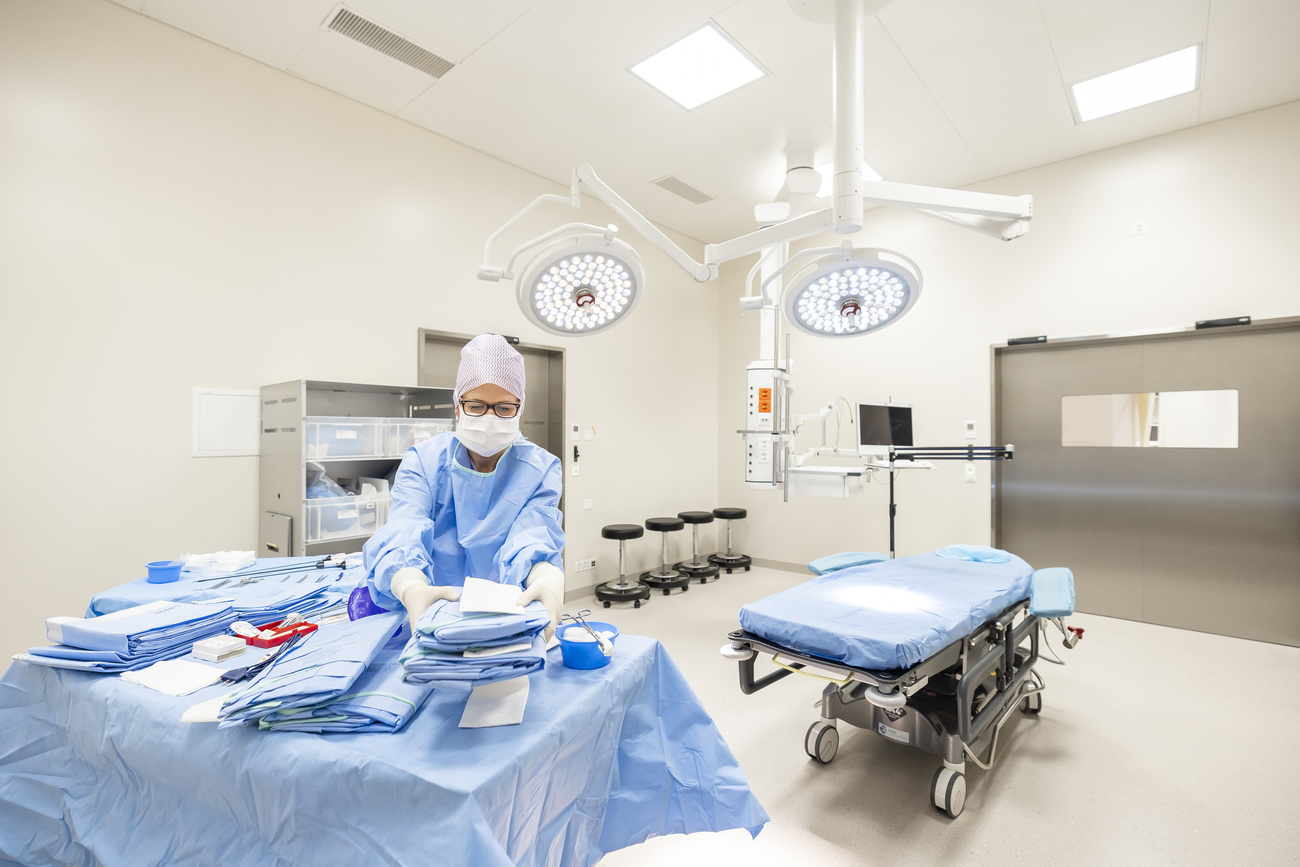
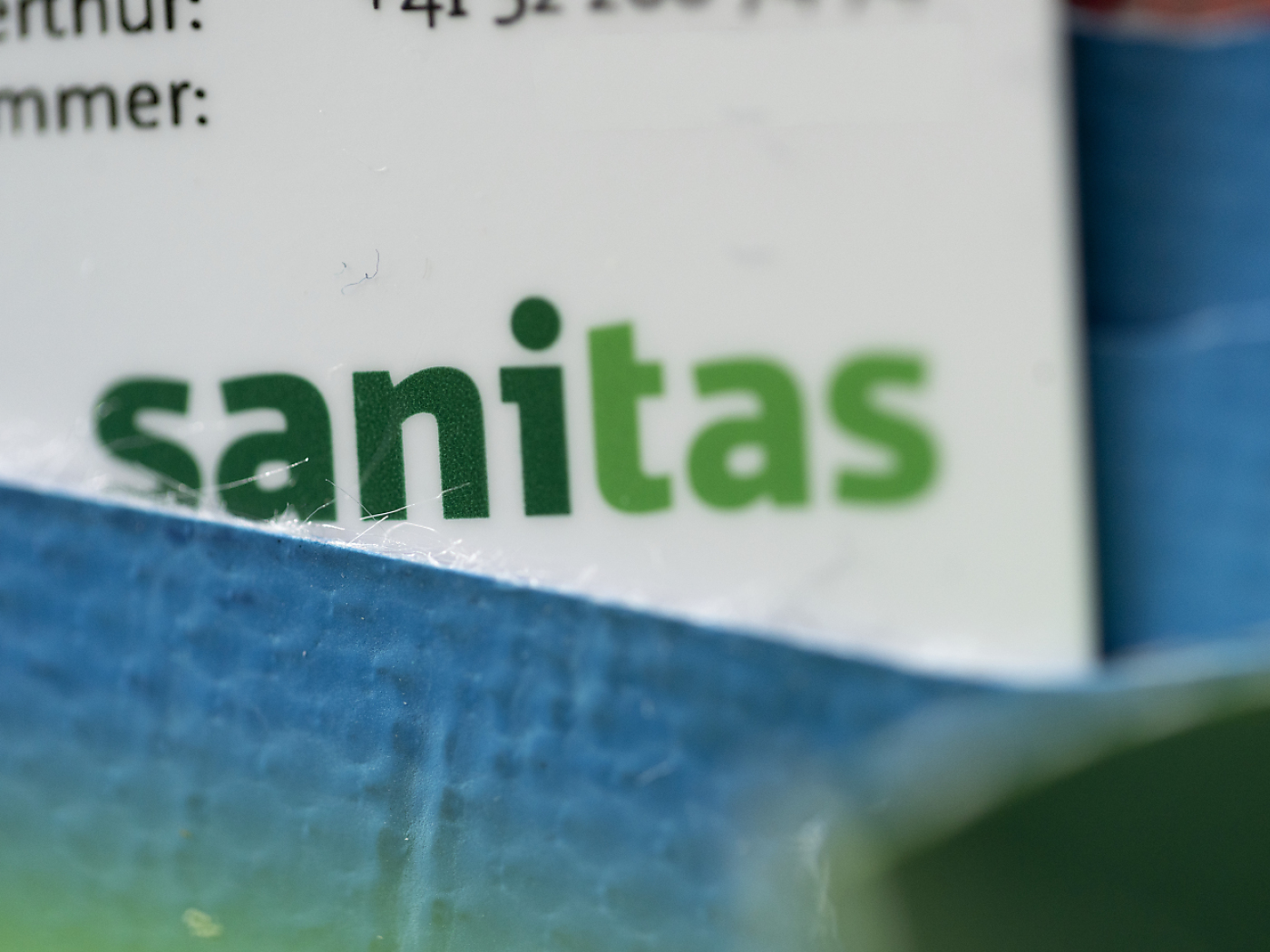




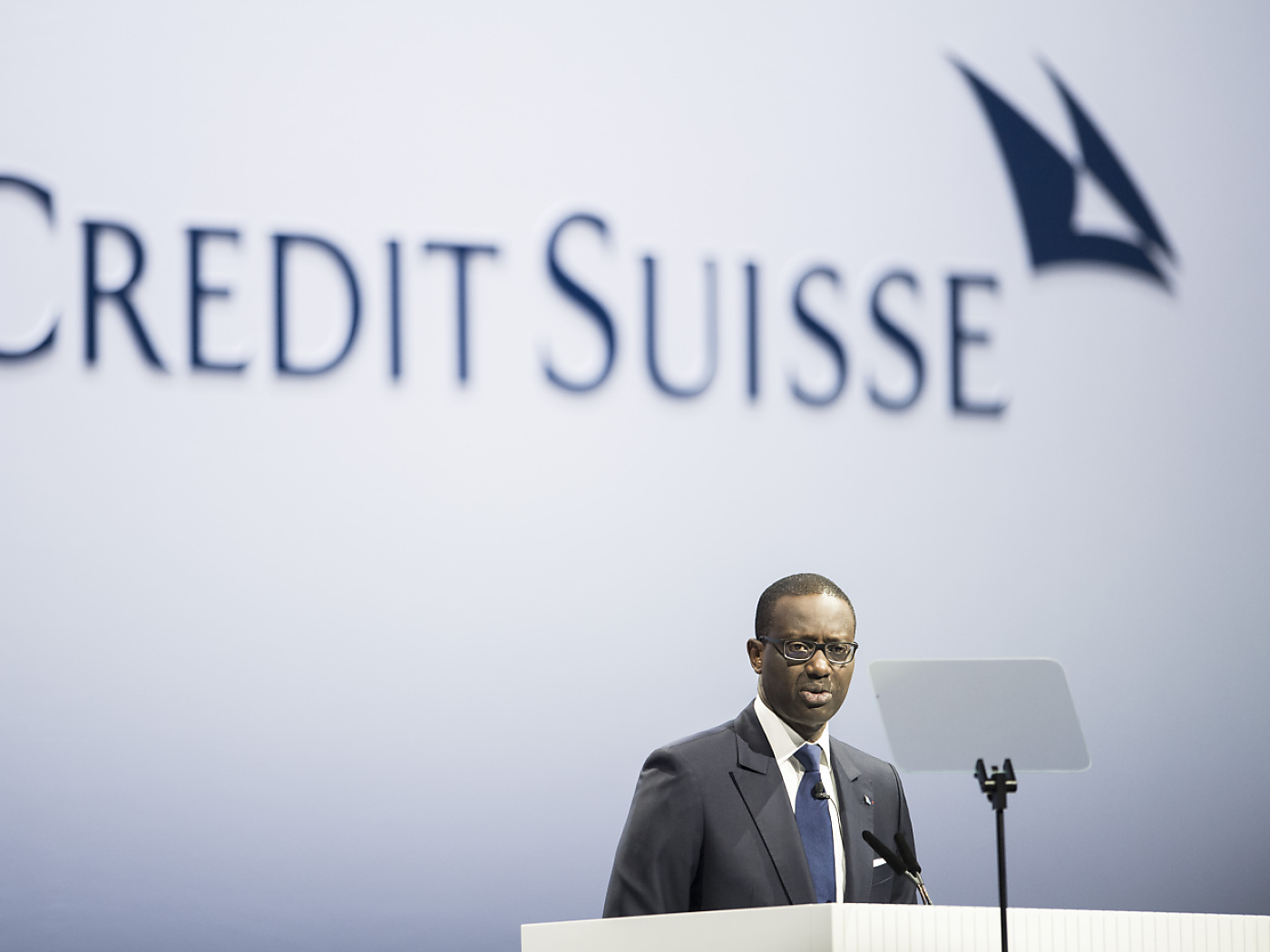



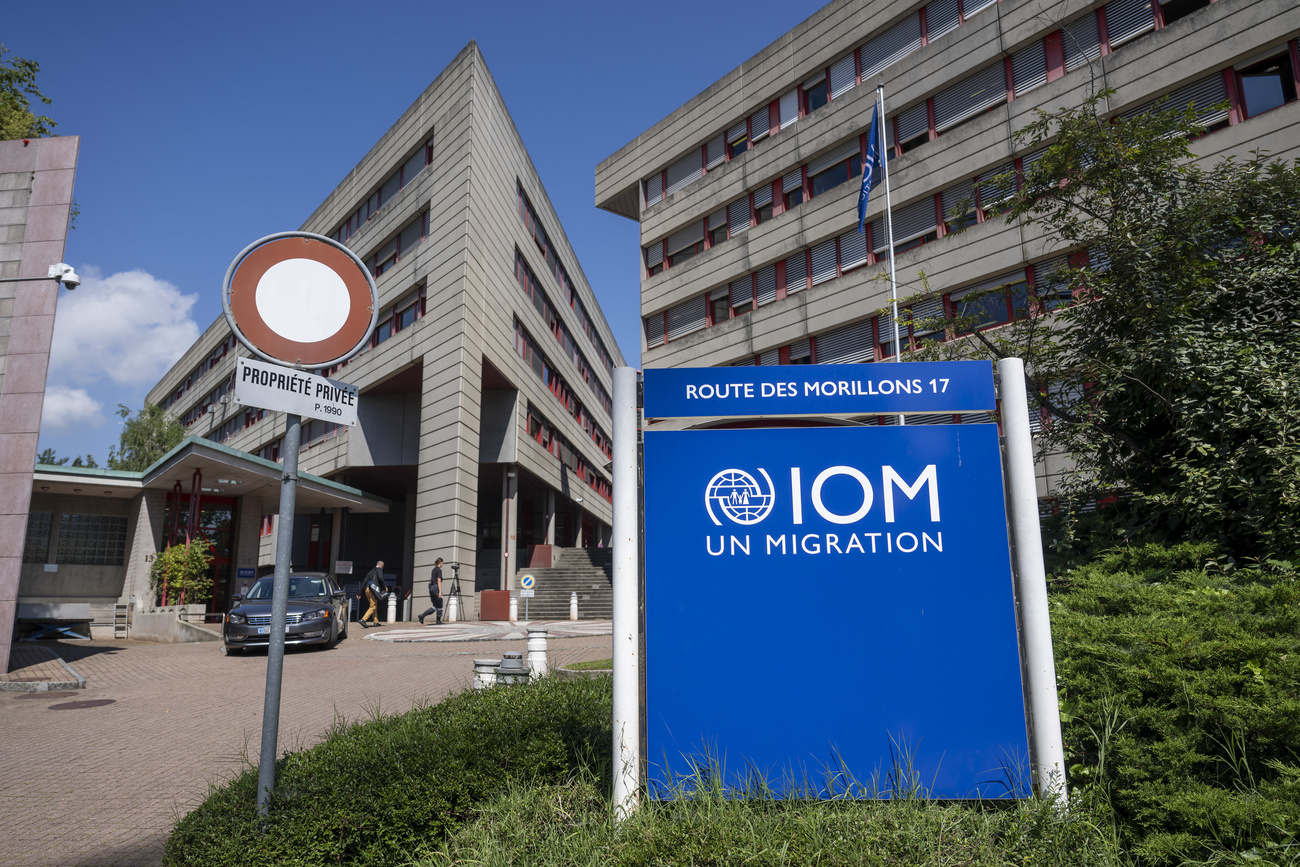
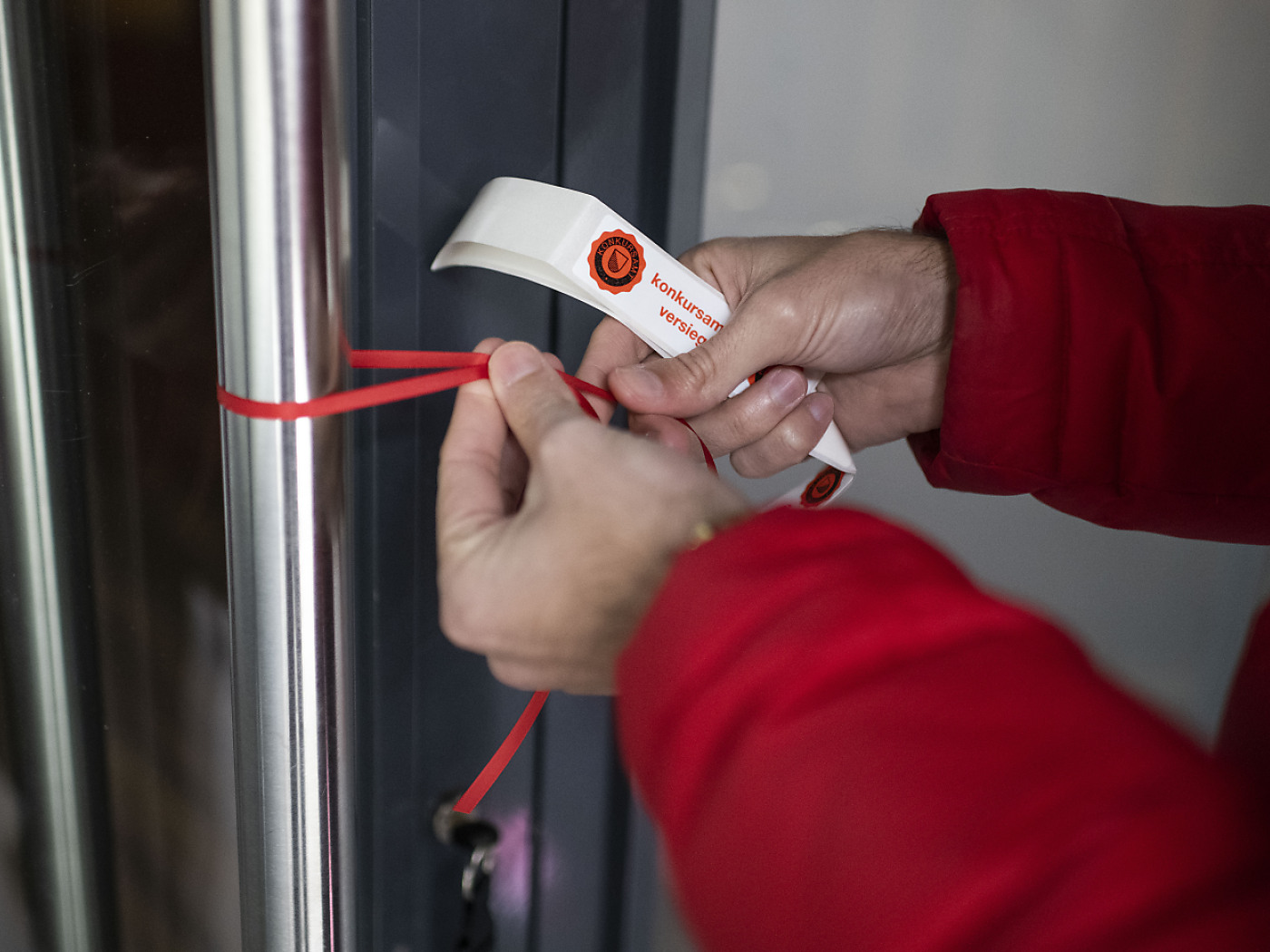
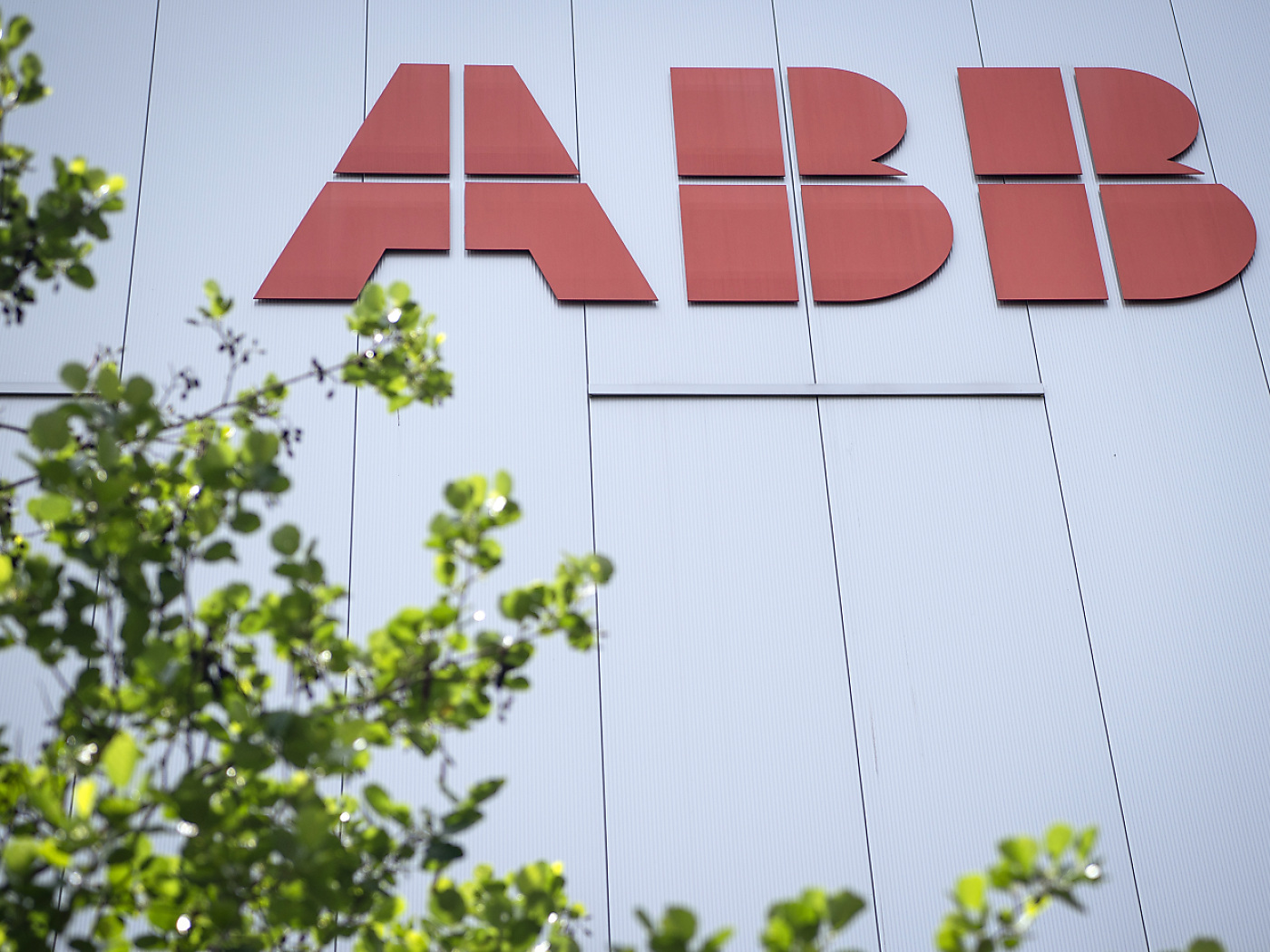
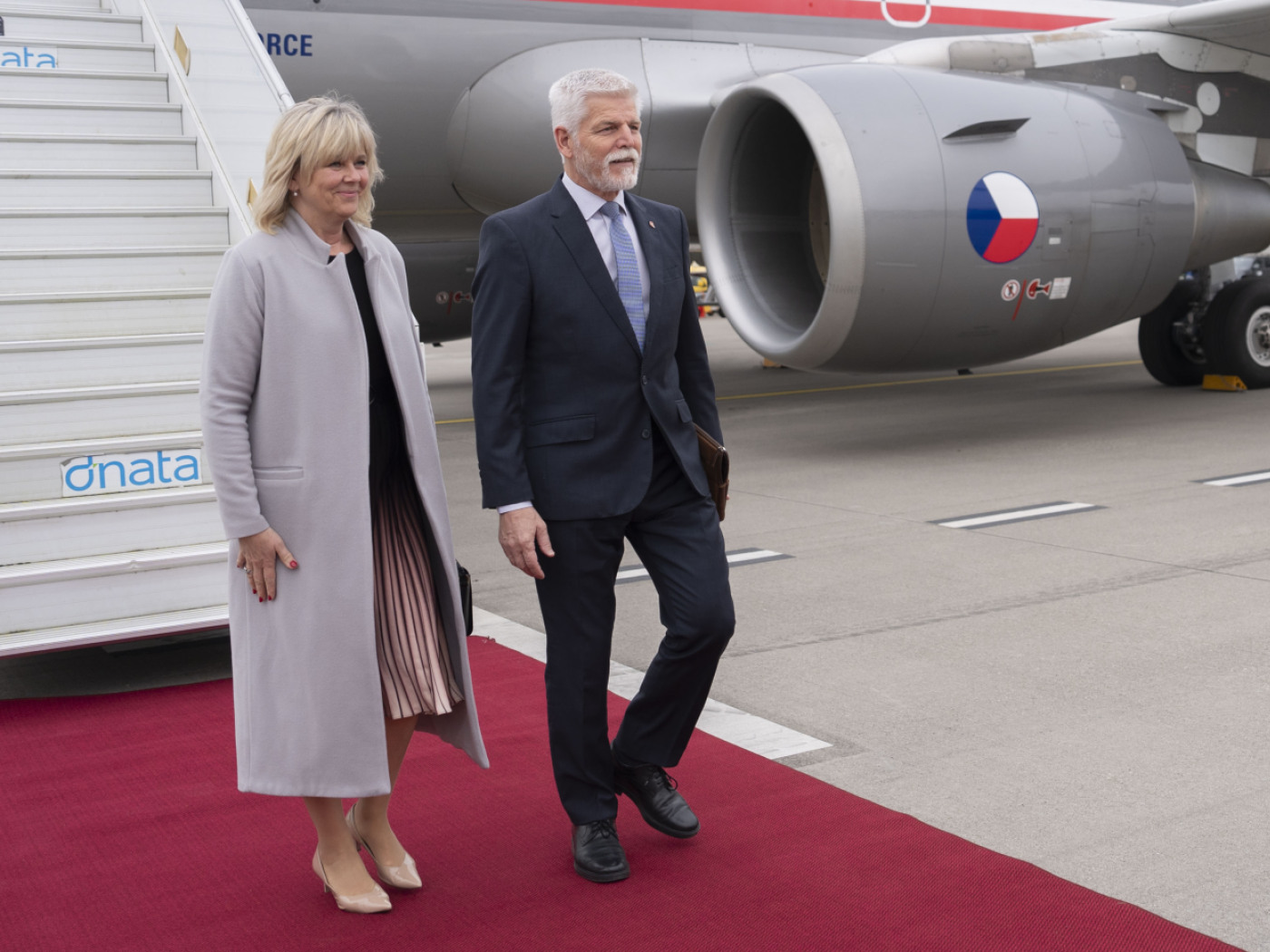

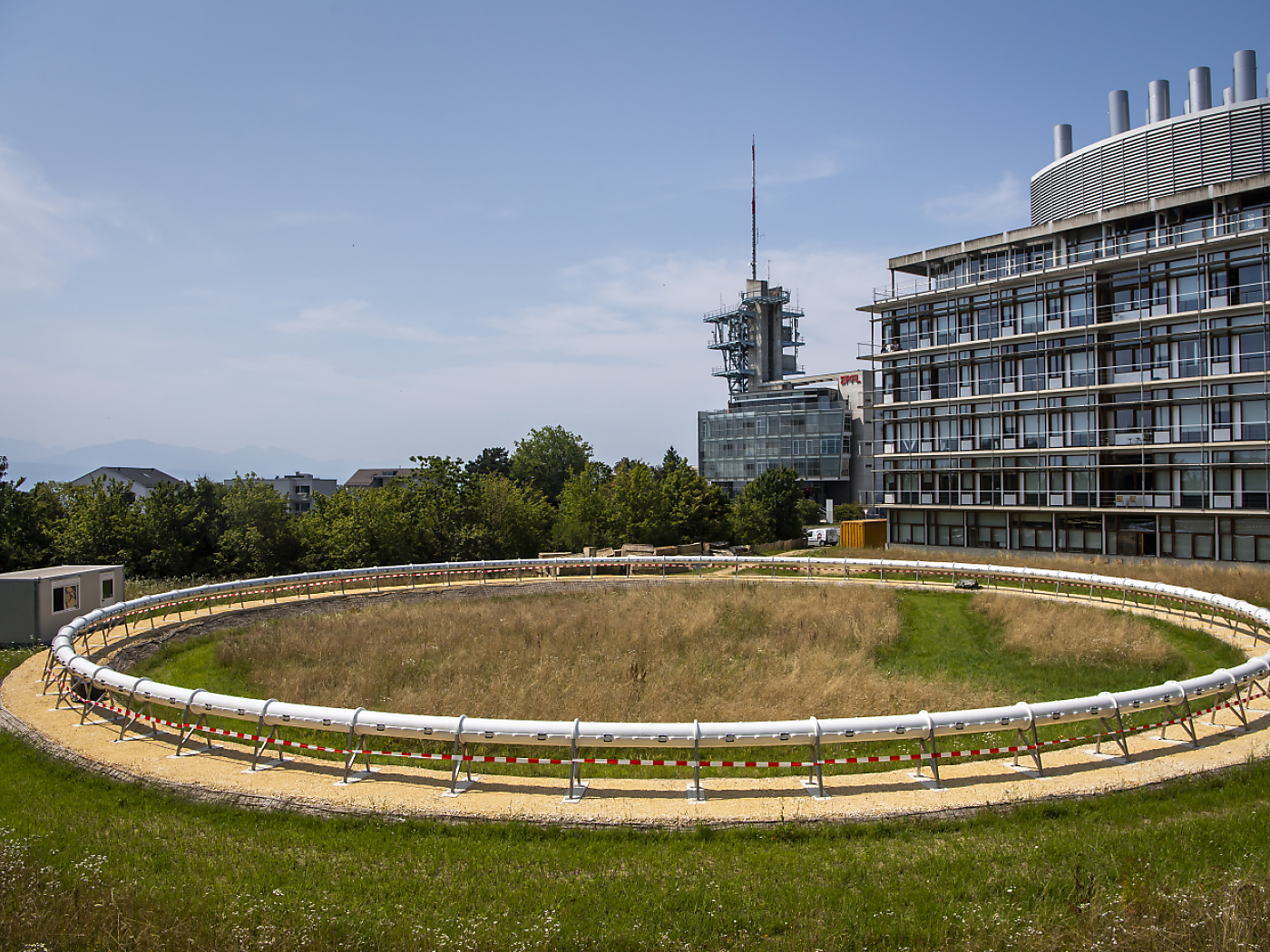
You can find an overview of ongoing debates with our journalists here . Please join us!
If you want to start a conversation about a topic raised in this article or want to report factual errors, email us at english@swissinfo.ch.